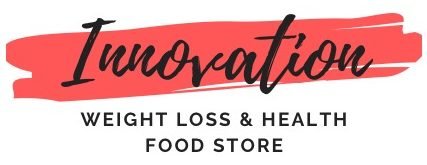Eat Less, Live Longer?
Cutting calories and eating smaller portions are common ways to help you lose weight, but could it also help you live longer? Several studies and some new research has shown that when you cut back, it can cause your body to react in a way that can extend your life. It is worth noting that this is not an extreme – starvation is never healthy or recommended. But many of us eat such large portions and snack too often, which can hurts us when it comes to more than just our weight.
There are two sides to this concept. The first is that making the change to a healthy lifestyle from an unhealthy lifestyle will medically make you so much healthier is so many ways, thus extending your life. Heart disease, cancer and diabetes are some of the top causes of death of men and women today. Losing weight and adopting healthy eating habits can reduce your risk of developing these diseases. Eating clean and cutting back will put you in a better state of overall health, and has been known to improve cholesterol levels, heart rate, blood pressure, body fat and weight, which will help you live longer.
The second part of this point of view is that the changes your body goes through when it consumes less calories is good for you. When you consume less, your body increases its rate of “cellular recycling” – a process by which our bodies reuse nutrients in our cells. In a way, it triggers survival mode in our bodies, causing us to use every bit of what we eat and drink. It is a natural process called autophagy, which is defined by the physiological process in our bodies that deals with the destruction of cells. At first glance, this doesn’t sound good. But when you think about it, you realize that it is a perfectly healthy process. For example, our skin is constantly being created and rebuilt, whether that is after we have been injured or just from daily living. Skin cells are constantly lost and rebuilt. The same goes for most of the cells in our body. At some point, almost all of the cells in your body die and are recreated from within. When you eat too much and have fat or toxins built up inside you, your body can’t function and rebuild as well as it could if you were eating clean and smaller portions. Eating healthy also ensures that when your body is creating cells and rebuilding itself, it is using the nutrients you are feeding it. It’s true when they say you are what you eat.
Again, going to extremes and drastically cutting calories is never good. It can cause you to feel dizzy or depressed, or it can cause memory loss and reduce your bone density. Eating on your weight loss plan provides you with enough nutrients and calories to live healthy, lose weight, and maybe even live longer.
~Love to Live Healthy with Josephine Fitzpatrick
Innovation Weight Loss and Fitness
8031 Jericho Tpke Woodbury, NY 11797
469 7th Ave Manhattan, NY 10018


